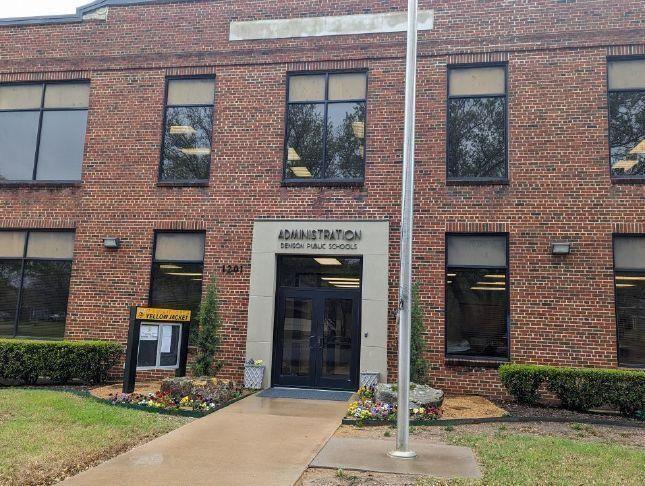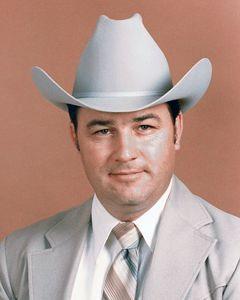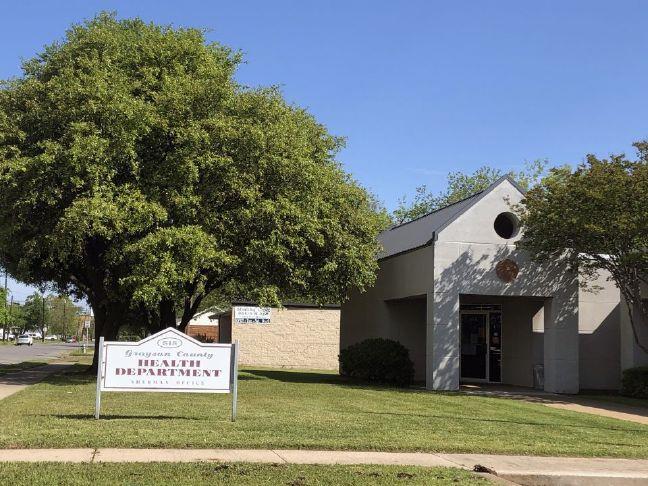After months of uncertainty regarding funding updates, schools across Texas have an answer on what they could expect to see this upcoming year. On Thursday, the Texas House approved House Bill 2, which could approve about $8.5 billion in new funding for public schools across the state.
The bill comes about six years after the legislature last updated its state allocations for school funding. In recent years, schools across Texoma and the state have been calling for updates on funding to offset high inflation and cost increases following the COVID-19 pandemic. Many school districts, including Sherman and Denison, have turned to deficit budgets and stockpiled fund balance and made difficult funding decisions in recent years to make ends meet until a solution to school funding could be reached.
“I think the biggest positive in this is the compensation for teachers,” Denison ISD Assistant Superintendent Randy Reid said this week. “There’s a huge amount of money being put in just for teacher salary increases.”
The house bill will allocate funding for several uses within public schools. Among the updates that are included in the legislation are a $55 increase to the basic allotment for each student and funding specifically earmarked for teacher pay increases. The bill still needs to be signed into law by Gov. Greg Abbott.
About $4.2 billion will be allocated to increasing teacher salaries. For Denison, this could equate to about $4,000 in additional pay for teachers with three to four years of experience and an additional $8,000 for teachers with five years or more of experience. Reid said the district will need to look into options for newer teachers internally as the bill includes no additional funding for teachers with less than three years of experience.
Reid noted that the bill favored smaller districts with additional funding when compared to larger districts. This could make smaller districts more competitive when competing with larger districts for talent.
“The way we interpret this right now is that our district’s enrollment is below 5,000, so that would mean our teachers with three to four years of experience would get a $4,000 increase and those with five plus years would get an $8,000 increase,” he said.
Questions remain on how funding will work for districts that shift between the two thresholds. Denison is forecasting to see a student enrollment of over 5,000 in the near future due to growth and development.
Another inclusion in the bill is about $1.3 billion in what Reid described as an allotment for basic costs. For Denison, this equates to about $106 per student, based on average daily attendance.
“It says it can be used for transportation, utilities, insurance, payroll tax, retirement, retainment and all these things that we’ve had inflationary concerns with,” Reid said, noting this appears to be an answer to district concerns about inflation and other cost increases. This could increase the district’s funding by about $480,000 each year.
Other inclusions in the bill include more funding for school safety. Reid said this will likely double the district’s safety funding going into the next year. Other funds are dedicated to non-campus, non-administration expenses. Reid said these funds can go toward positions such as custodial and teachers’ aides.
While the latest funding bill does not eliminate the impacts of inflation and cost increases, Reid said he is optimistic that the funding will have an impact on the bottom line for Denison and districts across the state. He hopes that the Texas legislature will return to the topic of school funding in two years during the next legislative session.
“Sure, we would have liked to have a better, bigger increase in the basic allotment to help with that to get us back to where we were pre-2019 inflationary numbers, but it is going to increase our ability to operate with the $55 and the $106 we are getting,” he said.




